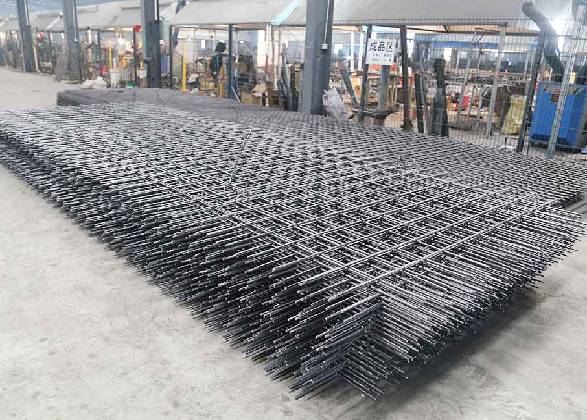Aug . 01, 2024 06:31 Back to list
Top Quality Black Binding Wire Producers for Reliable Construction and Industrial Applications
The Role of Black Binding Wire Manufacturers An Overview
In the construction and manufacturing industries, the significance of binding wire cannot be overstated. This essential component is used extensively in various applications, especially for binding materials together securely. One of the most popular types in the market is black binding wire, which is favored for its durability, strength, and versatility. Manufacturers of black binding wire play a pivotal role in supplying this crucial product to industries across the globe.
What is Black Binding Wire?
Black binding wire is typically made from low-carbon steel that is rolled into wire form. It is characterized by its dark hue, a result of the manufacturing process that involves coating the wire with oxide, which provides it with corrosion resistance. The wire is available in various gauges, making it suitable for a myriad of applications, from lightweight binding to heavy-duty restraints.
Common Applications
The flexibility and strength of black binding wire make it ideal for numerous applications. In the construction industry, it is widely used for tying reinforcement bars (rebar) together, ensuring that concrete structures can withstand significant loads. The wire is also essential for securing scaffolding, temporary structures, and other construction materials during assembly.
In the agricultural sector, black binding wire is employed for fencing, trellising plants, and other horticultural applications. Gardeners and farmers use it to support plants, ensuring they grow upright and are protected from the elements. Additionally, it finds application in crafting, where it is utilized to create intricate designs and structures in floristry and handmade arts.
The Manufacturing Process
black binding wire manufacturer

The manufacturing process of black binding wire involves several stages, each crucial to producing a high-quality product. Initially, raw materials, primarily low-carbon steel, are sourced and processed. This steel is then drawn through a series of dies to achieve the desired diameter. After drawing, the wire undergoes a heat treatment process, which improves its tensile strength and flexibility.
Once the wire is drawn and treated, it is cleaned to remove any impurities and then coated with an oxide layer. This step is essential for enhancing corrosion resistance. Finally, the wire is wound into coils and packaged for shipment, ensuring that it retains its quality and integrity during transportation.
Quality Control
For manufacturers of black binding wire, quality control is paramount. The wire must meet specific industry standards concerning strength, ductility, and corrosion resistance. Regular testing throughout the manufacturing process, including tensile testing and tensile elongation checks, helps ensure that each batch meets these rigorous standards. Manufacturers who prioritize quality are more likely to gain trust and loyalty from their clients, as reliability is a critical factor in the construction and agricultural industries.
The Market Landscape
The demand for black binding wire is consistently rising, driven by growth in the construction sector, particularly in developing economies. As infrastructure projects increase, the need for reliable and strong binding wire becomes more critical. Manufacturers are continually innovating, exploring ways to enhance the quality and reduce production costs while increasing sustainability through environmentally-friendly practices.
In conclusion, black binding wire manufacturers play a vital role in providing an essential product that supports multiple industries. Their ability to produce high-quality wire that meets rigorous standards contributes significantly to the overall safety and efficacy of construction and agricultural projects. As markets evolve and technology advances, the manufacturers’ adaptation and innovation will be crucial to sustaining the growth and meeting the future demands of their customers.
-
High Quality Deformed Steel Bars China - Reliable Manufacturers & Suppliers for Construction Projects
NewsJul.08,2025
-
High Quality Black Annealed Wire - Durable Iron Wire 2mm from Leading Manufacturer & Supplier Factory
NewsJul.08,2025
-
Produce Hot Dipped Galvanized Steel Grating - High Quality Grating Supplier & Manufacturer
NewsJul.08,2025
-
Galvanized Iron Welded Wire Mesh Panels – Durable, Rust-Resistant, Best Price Manufacturer
NewsJul.07,2025
-
High Quality Concrete Reinforcing Welded Wire Mesh - Durable 8mm Steel Bar, Q188, A393, F72, High Strength Mesh Solutions
NewsJul.07,2025
-
High-Quality Redrawn G.I. Wire Leading Manufacturers & Suppliers
NewsJul.07,2025

